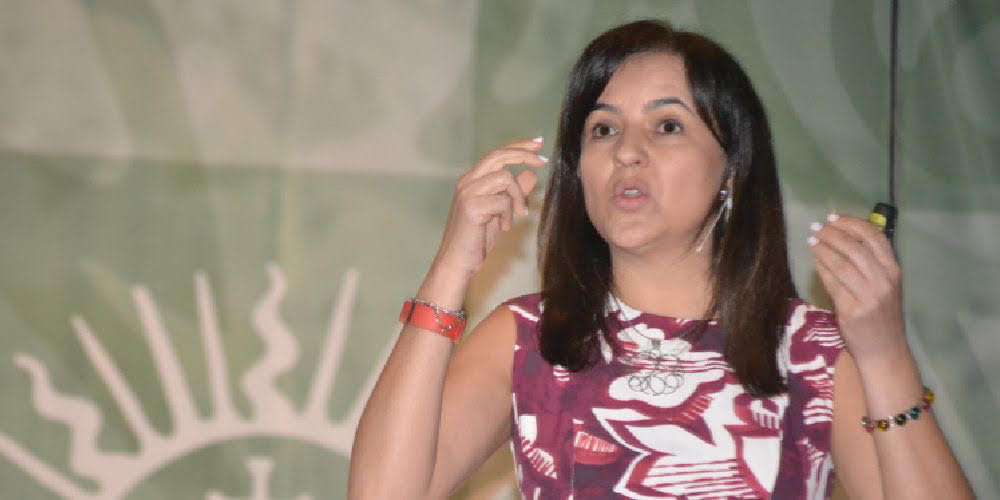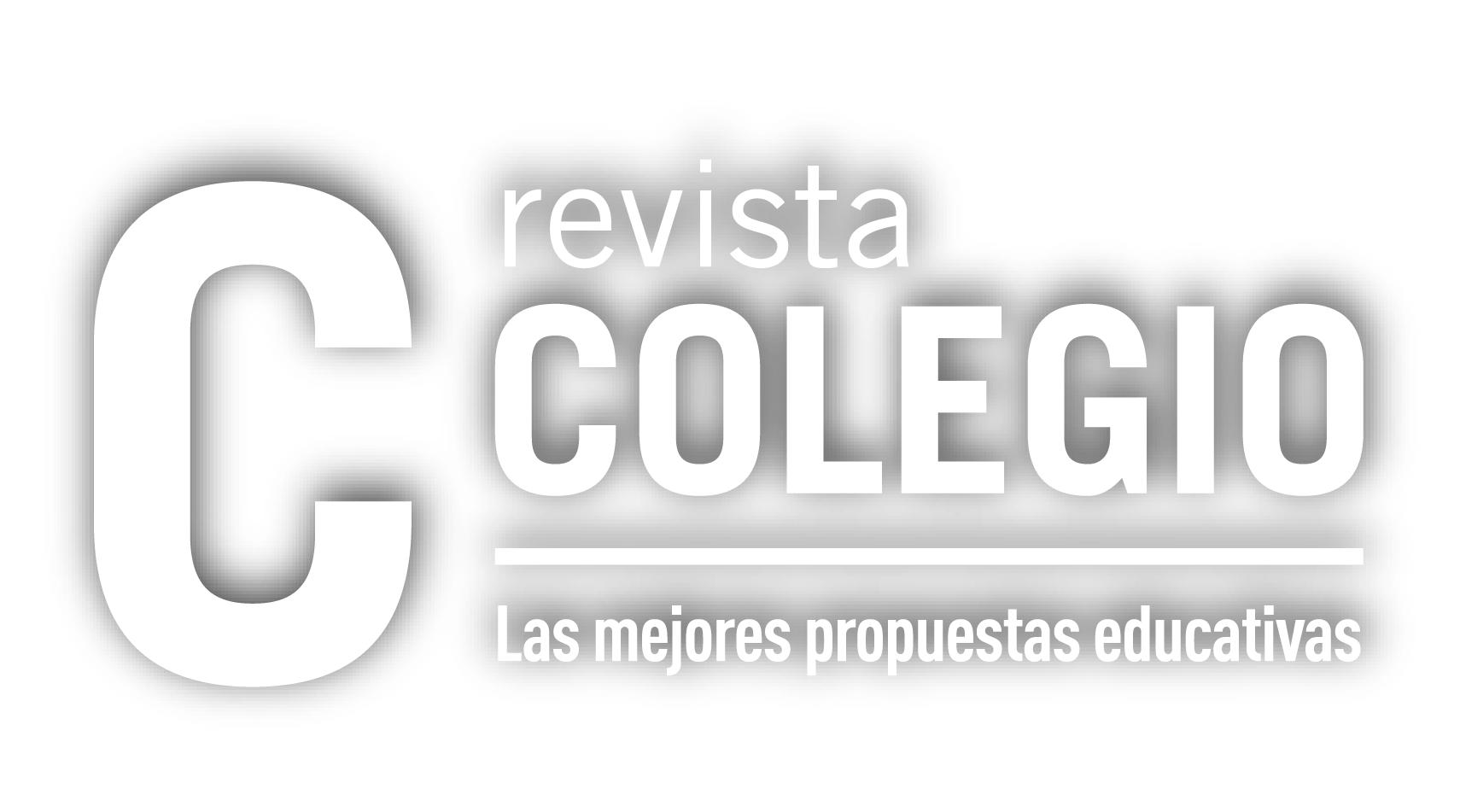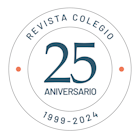
Ana María Fernández, creadora del Método VESS
The current global situation brought upon by virus COVID-19 requires drastic measures from governments and individuals, such as staying at home and remaining in mandatory quarantines. These new conditions have altered our routines and lifestyles dramatically, but at Edu1st, we believe that adversity is the best opportunity to look at things from a different perspective and find new ways to grow and do things better. With this in mind, we have launched a new program called “Edu1st.Prek 2 Go”, with the aim of not only keeping up your child’s learning and development, but also with the intention of providing the support and assistance that parents, currently subject to immense internal and external pressures, could really use right now.
Our main objective is to continue to stimulate holistic learning for everyone, from our collaborators, to our edu1st families, to the community in general. We want to provide an avenue for children to continue socializing, learning, and having fun with their friends and teachers, while at the same time, facilitating your adaptation process to the current challenges by providing a helpful map for the day to day.
This program includes: lists of age-suitable activities; live activities through the web; online discussions and specialized seminars for parents; virtual support chats (to help you recognize and take advantage of available resources); private Facebook groups; classes that enrich our model such as Yoga, Physical Education and Music; among others.
We understand that it might be difficult to achieve balance during the current scenario. We are exposed to a great deal of information, both very positive and very negative, which can generate stress and multiple emotional conflicts. But you are not alone! In this webinar: https://www.youtube.com/watch?time_continue=15&v=wYI4-P1iLkw&feature=emb_title , we offer three essential tips to turn your necessary stay-at-home situation into a pleasant and stimulating learning experience:
1. Examine your self-awareness:
Before making external goals or objectives visible, it is essential to first look at ourselves internally. We must begin with a process of examining where we stand: a vital step in the search of a point of inner equilibrium. Each person plays an important role within his or her family, community and society. Do we know where we stand with each of these groups? Let’s start, for example, by asking ourselves about our interactions with our children, about the way we are communicating with them and about the obstacles that might be hindering those interactions. What are the uncertainties, fears, needs, levels of fatigue and difficulties that keep us away from our goals as parents? And also, what are the internal and external advantages present at the moment that could help us fulfil those goals? This attitude of self-acknowledgement and introspection is essential in the process of turning our fears and challenges into opportunities, and the present state of things is the perfect moment to sit back, breathe, and look inside.
Right now, each one of us has the chance to examine ourselves consciously and accept the challenge and we have the freedom to release what we feel. We all have the right to give ourselves permission to pause and express our worries and fears, but to do that we must first confront the challenge of transparently naming those fears. Our children can also take part in their own process of introspection with us, as this is an unprecedented occasion to really spend time with our families and get to know each other better.
2. Search for a purpose:
We believe that this quarantine is also an invitation to thoroughly rethink and analyze many small and repetitive actions that might, through the above-mentioned introspection, reveal themselves to not be allowing us to find an optimal relationship with others or a balance within ourselves. It’s about looking at those things we do that might be stressing us or putting us at odds with our children or spouse, and asking ourselves if this is something we want or something we need. Do we really need the house to be tidy all the time or do we just want it to be?
Often, our “wants” are a response to an unfulfilled need, but that doesn’t mean that the want and the need are the same thing. When we identify the “need” behind the “want”, we identify the purpose of why we are doing things. This is an important lesson for our children to understand, and what better time than this for us to learn it together? Our kids might “want” to go outside and play with their friends, but if we search for the need behind that want, we might find that what they really need is the ability to move around, explore, and have fun. By identifying that need, we’ve identified the purpose behind our child’s want and can now discuss with them new ways to fulfil that want.
The disposition and ability to find the need, and thus the purpose, behind the want, are tools that will help our children confront situations of difficulty and crisis throughout their lives. And they might help our family dynamics and ourselves as well.
3. Define routines, schedules and limits:
At this point, let’s divest ourselves of the premise of maintaining a perfect routine, of fulfilling and compartmentalizing every single minute, as this vision of discipline based on overly rigorous parameters is not conducive to the growth of our children. It’s important for children to have free time and playtime in which they maintain a level of autonomy, freedom and self-regulation. Yet, it is also important to establish parameters that allow children to feel safe and a certain level of predictability in the day-to-day. Accordingly, now more than ever, parents are faced with the challenge of finding a balance between allowing for the necessary freedoms and providing the necessary structure. At Edu1st Preschools we believe that there are 5 fundamental pillars of the day that parents should respect and maintain.
1- Wake up Time
2- Breakfast Time
3- Lunchtime
4- Nap Time
5- Bedtime
These five pillars must be a constant that give children structure during these slightly strange days. For the remaining free times, Edu1st has arranged age appropriate activities that parents can initiate with their children to help them explore and learn during playtime. That list of activities can be found in the Edu1st. Prek 2 Go groups.
Remember not to get too stressed or be too hard on yourself. Don’t overload your child or impose a routine on them during playtime either. Ask them how they feel about the activities, examine the situation, and most importantly, enjoy your time with your child. Feel free to ask us for advice or support if you feel you need help adapting to the current situation. We are a team and we are with you.
Ana María Fernández Edu1st Founder and Creator of the VESS Model






Notas Relacionadas
La Conferencia Iberoamericana del IB en Bogotá: Innovación y Colaboración Educativa
Estrategias Metodológicas para la enseñanza de Inglés como herramienta comunicativa integral
Pearson Clinical Assessment: About Us